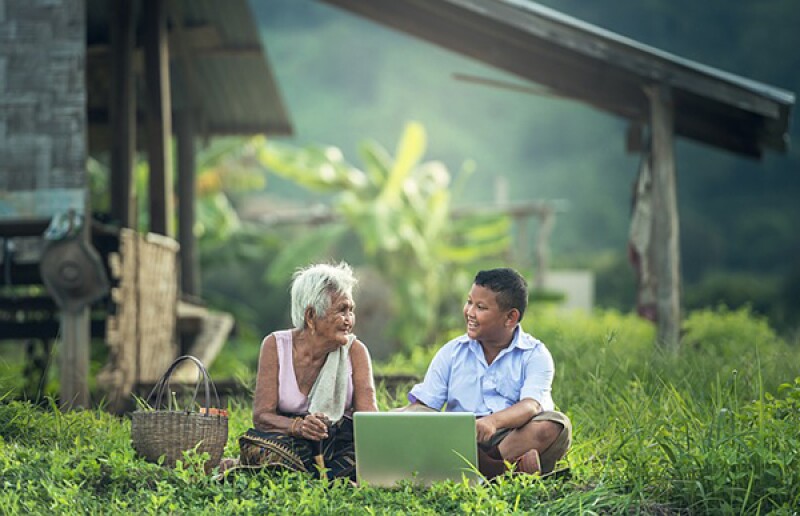
|
Old and new: Embedded military control has stymied reform, but notable |
Preliminary results from Euromoney’s country risk survey reveal another increase in Myanmar’s risk score in Q4 2016, extending the rise to almost 1.5 points this year, which is more than most other emerging or frontier markets in the region.
Myanmar’s score is now more than 10 points higher since 2010, soaring in response to the political transition that led to a smooth transfer of power – of sorts – to the irrepressible pro-democracy campaigner Aung San Suu Kyi with a parliamentary majority for her party, the National League for Democracy.
She is constitutionally barred from becoming president, but is pulling the strings in her self-created de facto leadership role as state counsellor, and while Myanmar is still riskier than Vietnam, the gap is closing:

|
It means Myanmar has dragged itself higher, to 134th in Euromoney’s global risk rankings of 186 sovereign borrowers worldwide, making it safer than Gambia, Iraq and Ukraine.
The gradual reform programme and the easing of sanctions have helped to improve Myanmar’s investment prospects.
On the other hand, Suu Kyi has not been able to push for the constitutional reform that would untie the tourniquet of control the military exerts not least because of the tense security situation accompanying the resurgence of inter-ethnic and religious conflict.
In Rakhine State, the Muslim Rohingya insurgency and the military response has led to thousands of people fleeing across the Bangladeshi border. Alleged brutality by the army is putting pressure on the government and undermining Suu Kyi’s human-rights record.
There have been notable improvements to the business climate, with new investment laws and the World Bank’s ranking for Doing Business in Myanmar 2017 has steadily improved to 170th out of 190 economies.
Plus, there are ample aid and financing inflows, from Japan especially, to maintain infrastructure spending, but GDP growth is slowing down from its breakneck pace.
The IMF is predicting 6.5% real-terms GDP growth for the fiscal year ending March, and a weaker currency and capacity pressures point to inflation of around 10% per annum in 2016-17.
The current-account deficit is also close to 9% of GDP and the government is struggling with a fiscal deficit worth 4.7% of GDP.
ECR expert Max Schieler, a senior country risk specialist at RobecoSAM, says: “Myanmar is in the midst of a very difficult and challenging economic, political and social transition process.”
He has doubts as to whether the government can practise fiscal restraint, stating: “The scope for reducing military spending is fairly constrained given the army’s important role, and increased social expenditure is expected.”
Meanwhile, capital access has been improving, but could easily reverse with the US raising interest rates, sparking outflows from the region, and scores for myriad risk indicators, notably the political and structural factors, although evidently improving, remain low, with high risks attached to bank stability and corruption.
As such, Myanmar still ranks lowly compared with other Asian borrowers:

|
This article was originally published by ECR. To find out more, register for a free trial at Euromoney Country Risk.